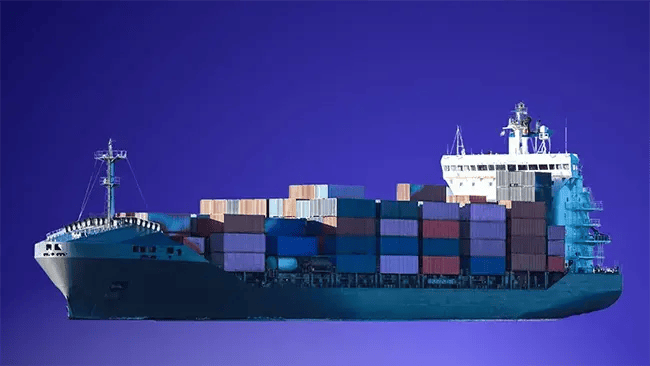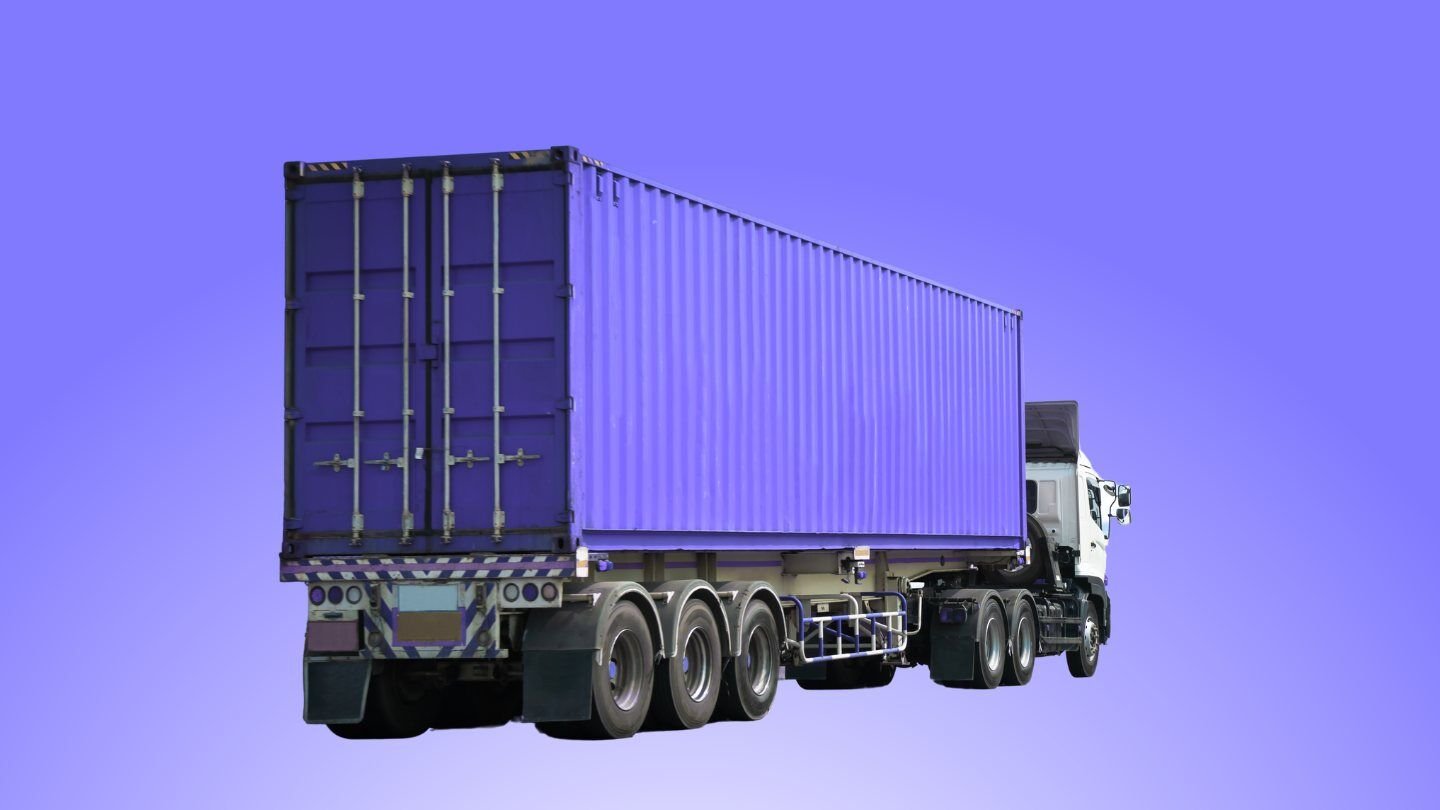Transport your cargo, where and when you need it
Digital forwarder that simplifies your ground, ocean, air, and other domestic and international services.
We move your cargo swiftly with step-by-step tracking. We connect your business globally, to and from Latin America.
Services to simplify your logistics and grow your business

Air Cargo
Move more and more safely
We transport high value or fragile general merchandise to various continents. We maintain strong relationships with international airlines to ensure agile and safe movements.

Ocean Cargo
Move more TEUs and more safely
We guarantee space on leading shipping lines at competitive rates. We calculate your international ocean shipping costs, taking into account everything from the type and size of container to the weight and volume of your shipment. We consider factors such as routing, port charges, season, market conditions, contracts, and customs.

Ground Cargo
Move to more places without borders
We ship high-value or sensitive general merchandise to different continents. We maintain strong relationships with international airlines to ensure swift and secure movements.
Obsessed with simplifying logistics so you can focus on growing your business!
International logistics and business intelligence tool
Team of experts
Technology that saves operational time
Single point of contact
Free and ongoing training
Operations in China and Latam
Backed by prestigious accreditations and service quality, we provide coverage between China, Latin America and the world.
Red de agentes WCA
Inter Global ID: 120053

Red de agentes
digital Parnity
Agente acreditado International
Air Transport Association (IATA)

Business Alliance for Secure Commerce (BASC)
Forget the worries of traditional logistics. Focus on growing your business.

